Today, a diverse group of civil rights, racial justice, media, technology, library, arts, labor, Tribal Nations and consumer advocates, wrote a
letter to the Federal Communications Commission (FCC) stating that the
proposed plan to drastically alter the Lifeline program erodes Lifeline's promise to bring affordable phone and broadband Internet service to the millions of Americans who qualify. Eliminating all non-facilities based resellers from the program, implementing a self-enforcing budget cap, and imposing a lifetime benefit limit are some of the many proposed changes that will gut the program and continue to widen the digital divide. Additionally, it does not appear that the FCC conducted any meaningful with Tribal Nations on this proceeding. This contradicts the FCC's
2000 Policy Statement which requires the Commission to consult with the Tribes before implementing a regulatory action or policy that will "significantly or uniquely affect Tribal governments, their lands and resources."
Carmen Scurato, director of policy and legal affairs at the National Hispanic Media Coalition said:
"There is no doubt that the drastic changes proposed in the Lifeline item are clear statements of intent by the Chairman to gut the program. Erecting barriers to entry for providers like the self-enforcing budget cap, lifetime benefit limits, and requiring that customers pay for a portion of the service are unnecessary and reckless changes that will have a negative impact on Lifeline recipients. The Chairman should be focused on how to better assist underserved communities instead of ways to cut off vital communications services."
Gloria Tristani, Former FCC Commissioner, and special policy advisor to the National Hispanic Media Coalition added:
"As a Commissioner when the 2000 Policy Statement was adopted, I am deeply troubled that the Commission has failed to conduct a meaningful consultation with the Tribes. Recognizing that the federal government has a trust responsibility to and a government-to-government relationship with recognized Tribes, the FCC made a commitment to consult sovereign Tribal Nations prior to adopting regulations or policies that would significantly or uniquely impact them. If the Commission is to honor its Tribal Policy Statement, then it must pause the proceeding and conduct a meaningful consultation prior to adopting changes to the Lifeline program which will have significant and far-reaching consequences for Tribal households. Anything less flies in the face of the Commission's stated commitment to Tribal Nations and its purported commitment to bridge the digital divide."
The full list of signatories to the letter includes:
18MillionRising.org
Access Humboldt
American Library Association
Appalshop, Inc.
Asian Americans Advancing Justice - AAJC
Benton Foundation
Center for Media Justice
Center for Rural Strategies
Color Of Change
Common Cause
Common Sense Kids Action
Communications Workers of America
CREDO
Ellis Jacobs, Attorney for The Greater Edgemont Community Coalition of Dayton Ohio
EveryoneOn
Free Press
Janice Meyers Educational Consulting, LLC
NAACP
National Association of Broadcast Employees and Technicians - CWA
National Congress of American Indians
National Consumer Law Center, on behalf of its low-income clients
National Hispanic Media Coalition
New America's Open Technology Institute
OCA - Asian Pacific American Advocates
Public Knowledge
The Greenlining Institute
United Church of Christ, OC Inc.
X-Lab
